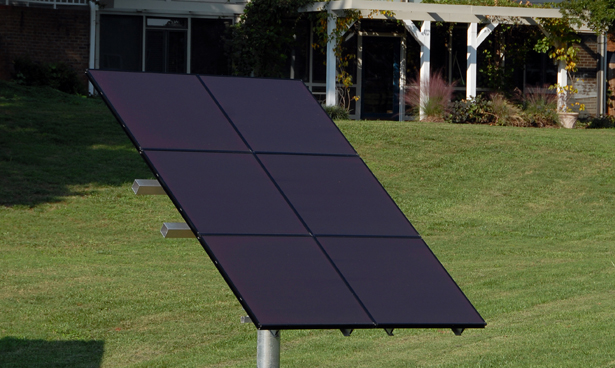A Map For Navigating Sustainable Energy Incentives

“Renewable energy” and “energy efficiency” have become key terms in the home-owner’s lexicon – whether you’re buying a new house or renovating an old one. And the bewildering array of local, state and federal policies make it difficult to know whether you could be getting a rebate or tax incentive to install those solar panels you’ve been thinking about (it is almost Earth Day, after all). Luckily, there’s a website that pulls all of that information together in one place for you.
The Database of State Incentives for Renewables and Efficiency (better known as DSIRE) is an online resource that provides information on policies and incentives that support or promote the use of renewable energy or energy efficiency efforts. And it is as user-friendly as it gets. To get started, just go to the site and click on the state you live in. DSIRE is based out of NC State’s Solar Center. The program was launched in 1995 and is funded by the U.S. Department of Energy.
Altogether, DSIRE currently tracks more than 2,700 policies across the country. These range from rebates provided by utilities to federal, state and local tax incentives – as well as hundreds of other initiatives involving cold, hard cash. But DSIRE also tracks policies running the gamut from local green building standards to statewide renewable portfolio standards, which dictate the percentage of retail electricity sales a utility must generate using renewable energy sources.
Each month, approximately 175,000 unique users visit the DSIRE site. Some are homeowners, looking for rebates to mitigate the cost of installing solar panels or buying an energy efficient refrigerator. But the database is also used by state regulators and legislators to keep track of the changing policy landscape from state to state.
Businesses also use DSIRE, to ensure compliance with existing standards and to identify financial incentives for pursuing green initiatives. And the renewable energy and efficiency industry sectors use DSIRE to target markets with policies that are particularly favorable to energy efficiency and renewable energy projects – because those markets will likely generate more business for their companies.
So, if you’re thinking of pursuing some renewable energy or energy efficiency projects around the house, check out DSIRE. There may be a program out there to help you do it.
Note: Thanks to Amanda Vanega, energy policy program manager at the NC Solar Center, for taking the time to talk with me about the DSIRE program. Any errors are mine alone.
- Categories:


